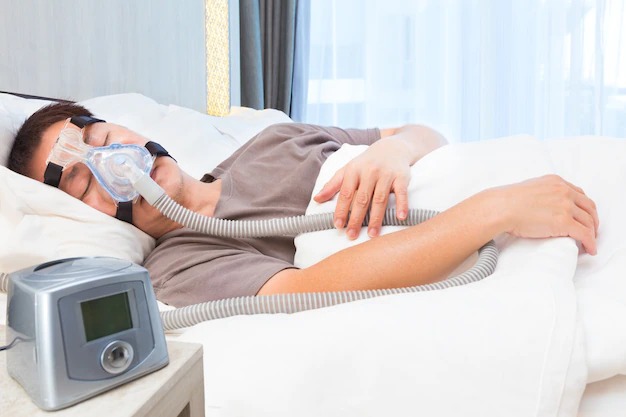How to prevent CPAP/BIPAP Billing Denials?

CPAP/BIPAP billing denials are a constant source of frustration for financial executives at
- Hospitals
- Health systems
- Employed practices.
This hurts the revenue, cash flow, and operational efficiency.
Table of Contents
The data speaks for itself
In U.S. hospitals, the industry standard for medical billing denials is 2%. CPAP/BIPAP billing denial rates in medical practices ranging from 5-10% with better performers averaging 4%. Sometimes Denial rates on first billing can reach as high as 20% in some organizations. 1 out of every 5 medical claims must be reworked or appealed to those providers.
Write-offs can range from 1-5 percent of net patient revenue if all else fails. In a 300-bed hospital, 1% of revenue can amount to $2 million to $3 million per year, which is significant by any measure.
The Top Reasons for Medical Billing Rejections
There are 2 types of denials: hard and soft. Hard denials are irreversible and result in revenue that is lost or written off. Soft denials are temporary denials that can be overturned if the provider corrects the claim or sends more information.
According to the 2013 American Medical Association National Health Insurer, some of the top reasons for CPAP/BIPAP billing denials are as follows:
- Missing Information
- Duplicate Billing
- Outdated CPT or ICD-10 codes
- Issues with Modifiers
- Inaccurate filing
Role of technology in CPAP/BIPAP billing:
-
Using technology to reduce risks
As many processes are unlikely to catch common errors like duplicate billing or incorrect CPT codes, the complexity of CPAP/BIPAP billing puts a lot of pressure on practices. This is an area where technology can make a significant difference. It can, for example, automate CPT code updates across the practice, lowering the risk of using an out-of-date code.
Prior authorization can also be aided by technology, which can guide staff through the critical steps of determining patient eligibility. Honestly, there is no substitute for adequate staff training and education. Using a step-by-step process to guide claim-processing staff makes sure that the correct information is collected and processed.
-
Implementation of technology
The Front desk staff can check patient eligibility with the insurance company before an appointment using the new technology-assisted process. Any eligibility issues can be addressed in real time when a patient presents their insurance card at check-in. The patient will have a better experience and the practice will have a smoother check-in and billing process if this is done ahead of time.
What are the key takeaways?
Hence to conclude, many practices are left feeling powerless as the claim is denied frequently. However, a closer examination reveals that many denials are avoidable. You’ll see an immediate return to your bottom line if you fix the leaks mentioned above.
Moreover, you can save time and streamline operations, which you can put toward delighting patients. To begin with, follow these simple steps:
- Examine your practice to see if you’re vulnerable to any of the most common denial reasons.
- Staff should be trained and retrained to recognize and avoid the common errors that lead to denials.
- Consider RCM technology that can automate critical aspects of the CPAP/BIPAP billing process.
- Begin to track your progress and see how much profit you can recoup by preventing denial-related leakage.
According to the American Academy of Family Physicians, the CPAP/BIPAP billing denial rate should be between 5% and 10% on average. It is preferable to have a percentage of less than 5%.